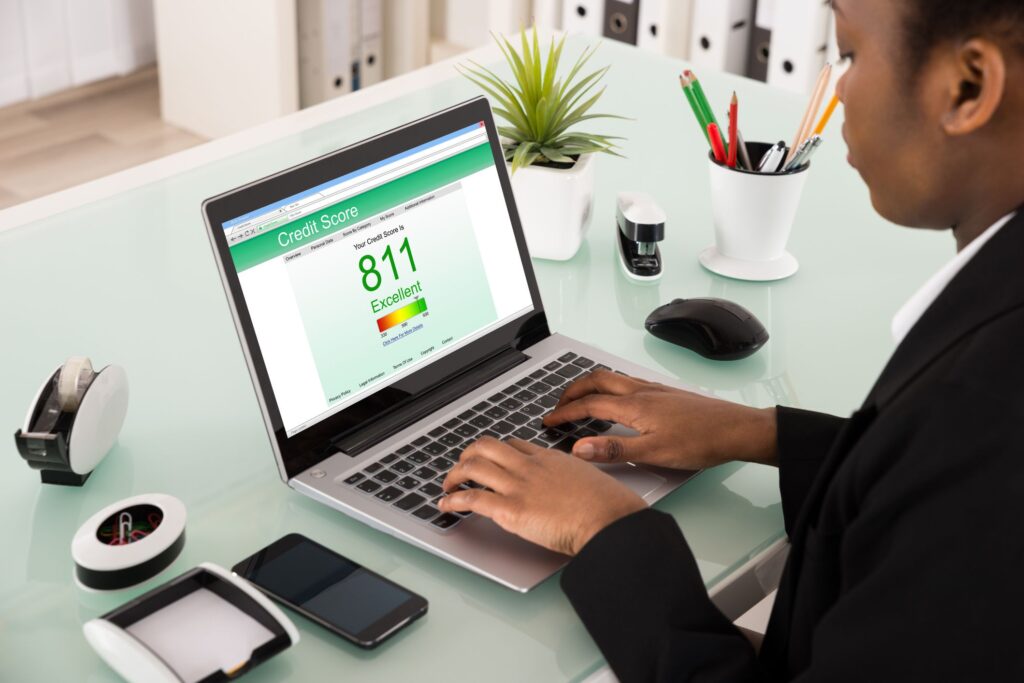Your credit history influences everything from your ability to get a mortgage to the insurance policies you’re quoted to the rates you’re offered on a personal loan. Some landlords and employers even check your credit history before they’ll rent to you or hire you. Whether you’re just starting out or trying to recover from a stretch of bad luck, it’s essential to know how you can improve your credit history.
Understanding Your Credit History
Your credit history is a record of your past and present loans, debts, bill payments, residential addresses, and any bankruptcies, lawsuits, or arrests you’ve undergone. Your credit score is a number (usually between 300 and 850) based on this information and which takes into account which types of credit accounts you have now, how long you’ve had them for, what percentage of your credit limits you’re currently using, and how many credit accounts you’ve applied for. It’s a good idea to perform a credit check several times a year so that you can make your information is correct and nothing suspicious is going on.
Making a Good Beginning
You can’t build a credit history without taking out some type of credit, but fortunately, there are plenty of options. Traditional credit cards may be the most obvious, but personal loans, student loans, car loans, and mortgages also count. If you’re new to credit cards, it’s probably wise to start with a secured card. If you don’t use your credit card regularly it won’t help to build your credit history, so consider using it for utility payments and basic groceries even if you prefer to pay cash for more discretionary items such as travel and entertainment. Regardless of the credit type, it’s absolutely critical that you make payments on time and in full.
Maintaining Your Credit
Again, staying current with payments is the most important way to maintain a good credit score, but it’s not the only factor. Pay off old debts as quickly as possible and don’t rack up new ones with unnecessary shopping. Space out applications for new loans and credit cards as much as you can (even just inquiring about a loan you ultimately don’t take out can negatively affect your credit score), and don’t open unneeded cards just because they’re offering shiny perks. If you decide to close an account, choose the newest one if possible, because the longer you’ve held an account, the more it benefits your credit score. And if you trust yourself not to overspend, ask your credit card issuer to increase your credit limit, because the less of your limit you use, the more you help your score.
Staying Vigilant
Preventing fraud and errors goes beyond just checking your credit report regularly, though you definitely shouldn’t skip that vital step. Scammers are always coming up with new and ever-more plausible-sounding schemes to get their hands on your personal and financial information. Remember that a legitimate bank won’t ask for sensitive information over the phone and that the IRS doesn’t call up taxpayers with urgent instructions to wire money or buy electronic gift cards. Basic cybersecurity goes a long way: keep your anti-virus software up to date, change your passwords regularly, and double-check that the website you’re about to log into really is what you think it is. If you aren’t planning to apply for credit in the near future, freezing your credit report prevents anyone else from taking out a loan in your name. There are also various types of fraud alerts you can place on your credit report if something fishy does occur.
Maintaining a good credit history is one of the best steps you can take towards improving your financial situation, and the effort it requires is well worth it.
